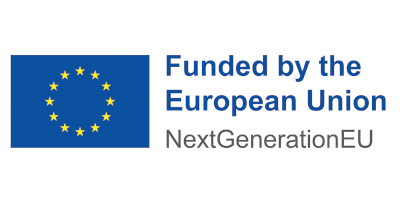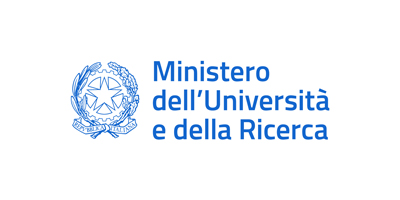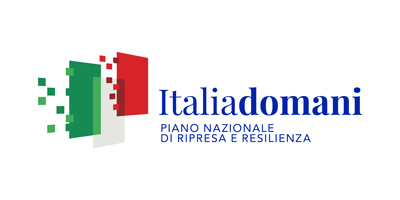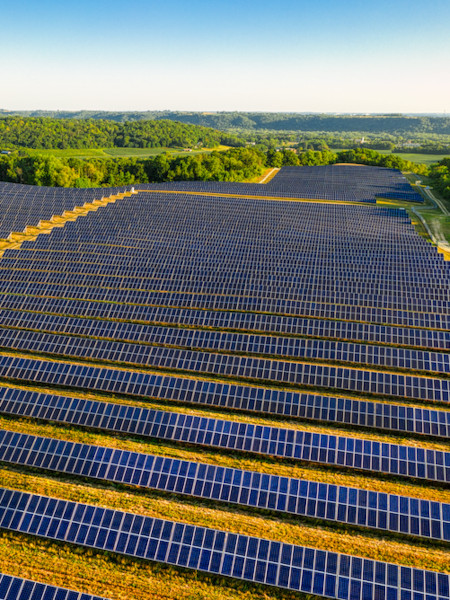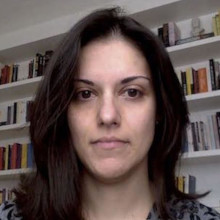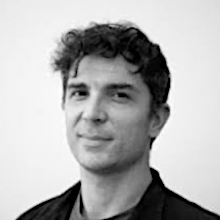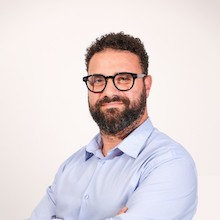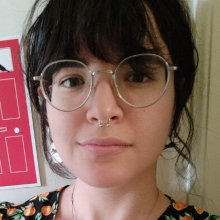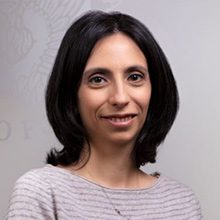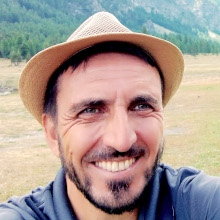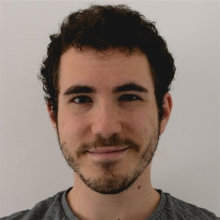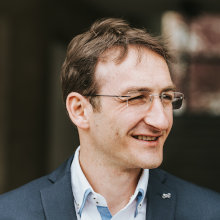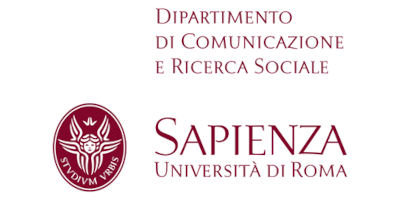JUST4WHOM
Boosting “full” environmental justice and resilience in communities facing transitions
About
JUST4WHOM will investigate the psychosocial and symbolic dimensions of pre-existing or emerging injustices in the transition dynamics toward climate-neutral societies. It will better understand and operationalise the “environmental justice” (EJ) construct. It will also implement concrete actions to reduce inequalities and promote active citizenship and resilience in communities facing transformations.
The institutional framework will be the Just Transition Mechanism, ie the EU financial tool to support communities affected by the socioeconomic challenges of the ongoing transition. It requires the proposal of territorial plans arising from the dialogue between institutional representatives and a territorial partnership of public and private actors, including citizens. While the value of this tool is undeniable, it tends to provide a partial view of EJ, predominantly in economic and political terms.
Such a vision risks neglecting - or not adequately addressing - the underlying causes and implications of injustices, potentially leading to further inequalities and vulnerabilities. Social sciences are committed to identifying vulnerable social groups to alleviate the socioeconomic impacts of the transition. However, the scientific literature renders a somewhat fragmented and non-univocal conceptualisation of the EJ construct. It provides a theoretical framework developed along a few fundamental mechanisms (e.g. distributive, procedural, recognition and restorative justice), which do not necessarily exhaust the complexity of the social dynamics involved in creating inequalities (e.g. identity processes, collective memories, symbolic meanings). Thus, the issue of what the “just transition” is and for whom is still under discussion.
JUST4WHOM will contribute to this debate.
- First, JUST4WHOM will examine conceptualisations of EJ to converge towards a comprehensive definition and shed light on discrepancies between perspectives. It will allow the design of a theoretical model for EJ to grasp the underlying psychosocial dimensions and their mutual relationships.
- Second, JUST4WHOM will release methodological tools to measure the psychosocial antecedents and consequences of perceived injustices. Tools will be developed and validated through a participatory process that will actively involve vulnerable communities facing transition with a citizen science approach.
- Third, JUST4WHOM will contribute to concretely boosting people’s resilience. It will implement actions targeted by social groups (e.g. children, elderly, minorities) to highlight potential clashes between “macro” and local views of EJ, to meet specific community needs and expectations, and to promote the imaginability of alternative future scenarios and innovative resources to solve local challenges.
Overall, JUST4WHOM will impact policy design and planning to reduce inequalities and achieve a “full” just transition for all.
Objectives
The general purpose of JUST4WHOM will be to investigate the psychosocial and symbolic dimensions of injustices in the transition dynamics towards climate-neutral societies.
The guiding questions will be:
- what does “just transition” actually mean (and imply)?
- for whom is it?
- how can “full” EJ for all be achieved?
More specifically, the research program will have three main goals:
- to provide a better knowledge of the EJ construct
- to develop, through a participatory process, an effective operationalisation of the EJ construct
- to contribute concretely to boosting resilience in vulnerable communities facing transition
Achieving these goals, JUST4WHOM will deliver three corresponding outcomes:
- theoretical model: the design of a comprehensive and sound model for EJ able to grasp the underlying psychosocial and symbolic dimensions and their mutual relationships
- methodological tools: the release of methodological tools able to measure the psychosocial antecedents and consequences of injustices
- concrete actions: to implement actions targeted by vulnerable groups to reduce inequalities and expand active and inclusive citizenship
Outcomes
Conference contributions
|
|
“Promuovere agency e advocacy per la giustizia ambientale: un’esperienza con gli assistenti sociali del Veneto” – Sonia Brondi, Giacomo Chiara, Elisa Matutini [ITA]
Presentation for the Session 23 “Crisi ecologica, nuovi rischi sociali e giustizia ambientale: il contributo del Social Work” at the XVIII Conference ESPAnet Italia 2025 “Tecnologia, clima, cambiamento demografico: sfide e risposte di politica sociale in un mondo in transizione” held in Turin (Italy) from 16 to 18 September 2025. |
36 KB |
|
|
“The time is gone, the song is over. How silencing, translation and representational processes contribute to climate crisis, lock-in and unjust transitions” - Mauro Sarrica, Sonia Brondi, Pierluigi Cervelli, Luigi Virgolin, Mirella De Falco
Presentation for the symposium “Democracies and representational processes in the face of the environmental crisis. Reinventing citizens, social organisations and alternative futures” at the XVII International Conference on Social Representations “The Future in Representations: Grasping the World” held in Brest (France) from 8 to 11 July 2025. |
35 KB |
|
|
“Vivere il degrado, immaginare il futuro: ingiustizia ambientale e processi identitari attraverso le generazioni” - Sonia Brondi, Giacomo Chiara, Mauro Sarrica [ITA]
Presentation at the XIX National Congress of the Italian Association of Psychology (AIP) - Social Psychology Section held in Bergamo (Italy) from 4 to 6 September 2025. |
33 KB |
|
|
“Contrastare le ingiustizie ambientali: la co-costruzione di agency e advocacy in un intervento di ricerca-azione con assistenti sociali” - Giacomo Chiara, Sonia Brondi, Elisa Matutini [ITA]
Presentation at the XIX National Congress of the Italian Association of Psychology (AIP) - Social Psychology Section held in Bergamo (Italy) from 4 to 6 September 2025. |
31 KB |
|
|
“Le dimensioni psicosociali della giustizia ambientale nei processi di transizione energetica: Riflessioni a partire da una rassegna della letteratura scientifica sul tema” - Sonia Brondi, Giacomo Chiara [ITA]
Presentation for the symposium “Verso una psicologia sociale della transizione energetica” at the Congresso Nazionale della Sezione di Psicologia Sociale dell’Associazione Italiana di Psicologia (AIP) held in Turin (Italy) from 5 to 7 September 2024. |
32 KB |
|
|
“The environment as a conflictual construction. Semiotic analysis of conflicts and negotiations around the meaning of sustainability and environmental justice” - Pierluigi Cervelli
Presentation for the panel “Semiotics of Sustainability: Reinterpreting Waste and Cultural Heritage” at the 16th Congress “Signs and Realities” of the International Associations for Semiotic Studies (ASS) held in Warsaw (Poland) from 2 to 6 September 2024. |
42 KB |
Publications
|
|
Virgolin, L., Cervelli, P., De Falco, M., & Sarrica, M. (2025). Normativité et construction des collectifs dans la justice environnementale. Traductions intersémiotiques de la Convention d'Aarhus [FRA]
Special Issue “Le chaînon manquant entre langue et parole. Pour une sémiotique des norms”, Actes Sémiotiques, 133. DOI:https://doi.org/10.25965/as.9018 |
276 KB |
|
|
Chiara, G., Terrana, I., Sarrica, M., and Brondi, S. (2025). "What does 'just' mean in just energy transitions? Different perspectives between EU institutional debates and scientific literature"
Frontiers in Political Science - Comparative Governance Section, 7, 1572855. DOI: https://doi.org/10.3389/fpos.2025.1572855 |
306 KB |
|
|
Brondi, S., Chiara, G., and Matutini, E. (2025), "Navigating Environmental Justice Framework: A Scoping Literature Review Over Four Decades"
Environmental Justice, 18(3), 155-167. DOI: https://doi.org/10.1089/env.2024.0054 |
538 KB |
Tools
|
|
Brondi, S. (2025). Perceived Environmental Justice Questionnaire - PEJQ. Zenodo. [ITA]
DOI: https://doi.org/10.5281/zenodo.16925354 |
164 KB |
Team
People
Sonia Brondi
Principal Investigator (PI)
Partners
- Department of Philosophy and Cultural Heritage (DFBC), Ca’ Foscari University of Venice, Host Institution
- Department of Communication and Social Research (CORIS), Sapienza University of Roma

